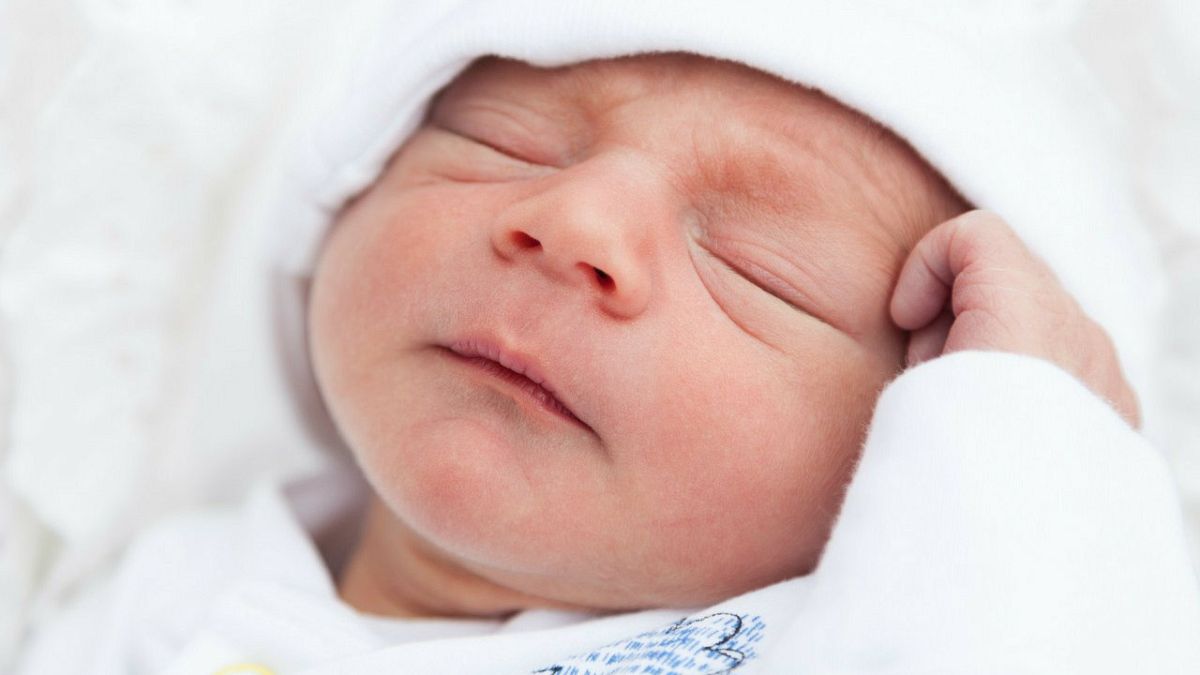Or should their offspring’s needs take precedence? It’s a moral question that ethics experts will be debating across France over the next six months.
Sperm donation is a means for men to earn extra cash on the side, as well as offer infertile couples or single women the chance to conceive their longed-for baby.
In some parts of Europe, the donor can remain anonymous for the rest of the child’s life, unless the child wishes to make contact, and even then the father could still withhold consent for their details to be shared.
But in recent years, many European nations have introduced laws to prevent sperm donor fathers from shielding their identity.
Should donor dads be entitled to full anonymity, or should their offspring’s need-to-know take priority? The right way forward is unclear, but bioethics assembly Les États généraux de la bioéthique will be tacking the question in debates across France for the next six months.
Depending on talks, new anonymity laws could come into force in the country in early 2019.
The fight against anonymity laws
Sperm donations are responsible for almost 70,000 births in France since 1970. But French law grants donors anonymity for life.
Arthur Kermalvezen, 34, and his wife Audrey, 37, who were both born from artificial insemination by unknown donors, have been fighting for their right to know their genetic history for 10 years.
After taking a DNA test purchased from a US-based website, Arthur says he found he was vulnerable to several “serious” conditions which, if left undiscovered, could have caused his health to deteriorate in the future.
Genetic testing is illegal in France, unless it is authorised by a court or conducted with the explicit consent of the parties involved.
“For 40 years, France has not respected the European Convention of Human Rights, especially Article 8, which says that it is vital for an individual to know their biological heritage,” Kermalvezen told France Info.
“For 10 years now, I have been asking sperm banks to update our medical records.”
Sperm donor anonymity in Europe
Sweden was one of the first European countries ban donor anonymity in 1985 by allowing their offspring to identify them when “sufficiently mature”.
The idea was to give donor-conceived children the right to know their biological parent and medical history when they were at least 18 years old.
The Netherlands adopted a similar approach to Sweden 20 years later, with Austria, Germany, Norway, Finland and the UK following suit thereafter.
Added to that list is Switzerland, but only straight, married couples can use donated sperm cells by law.
In contrast, other countries give donors much more control over their personal information. Men in Bulgaria, Latvia, Belgium and Denmark can choose to make an identifiable or anonymous donation to a clinic.
The European Sperm Bank in Copenhagen allows donors to provide limited or extensive information about themselves before giving samples. The bank then compiles “basic” or “full” profiles of donors that are accessible to interested parties via a paid subscription online, but their offspring could still apply to the bank to contact their biological parent once they reach 18.
